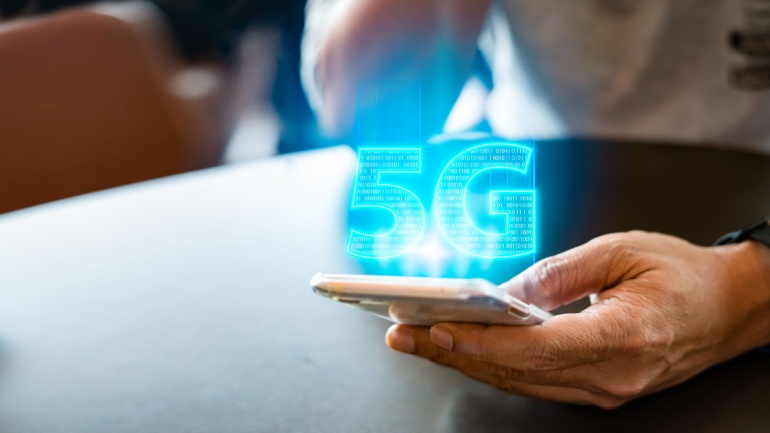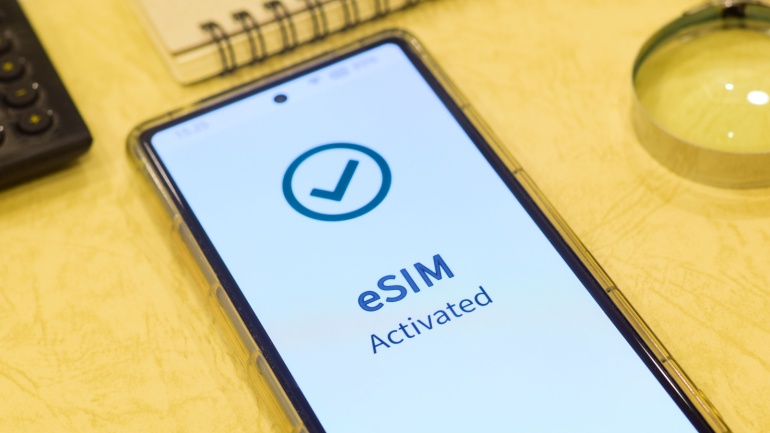The FCC approved SpaceX to replace its aging Starlink satellites with advanced second-gen models. The number of Australians using FWA for home broadband nearly doubled. Hiya’s report found nearly 20 billion spam calls globally. The UK CMA has paused its app store investigations into Apple and Google.
Intel’s decision to sell its stake in Arm Holdings during Q2 is a strategic move amid job cuts and intense competition from AMD and Qualcomm. This shift allows Intel to focus on AI chips and for-hire manufacturing, making it crucial for VoIP providers to closely monitor Intel’s evolving strategy in the tech industry.
The FCC’s new Mobile Speed Test app is revolutionizing the accuracy of the National Broadband Map. This advanced app replaces the old FCC Speed Test app and introduces hands-free testing while driving, enhancing user convenience. Accurate broadband data is essential for programs like BEAD, making this app a game-changer.
Microsoft and Lumen Technologies are revolutionizing their data centers to meet AI-driven demand with an enhanced network infrastructure. Leveraging Microsoft Cloud, this partnership aims to accelerate Lumen’s digital transformation. The collaboration underscores the importance of robust networks in supporting AI applications, promising efficiency and innovation in VoIP and technology sectors.
Ericsson and Oppo have entered a multi-year cross-licensing patent agreement, reinforcing their collaboration on 5G projects and cellular technology advancements. Oppo will make royalty payments to Ericsson under this new arrangement. This deal bolsters Ericsson’s patent portfolio and demonstrates the efficacy of business negotiations in the VoIP and 5G sectors.
The anticipated turnaround in the augmented and virtual reality (AR/VR) market remains elusive, as first-quarter shipments have once again plummeted. According to recent data from IDC, the volume of AR/VR shipments dropped by a staggering 67.4% compared to the same period last year. This decline follows a 54.4% drop in the first quarter of 2023 from the previous year.
A new Japanese law aims to foster competition in the smartphone app market by allowing third-party app stores and billing providers to operate on Apple iOS and Google Android platforms. This legislation, known as the Act on Promotion of Competition for Specified Smartphone Software, was announced by Japan’s Fair Trade Commission (FTC).
Samsung played a pivotal role in the German smartphone market’s recovery during the first quarter of 2024, ending a prolonged period of decline. According to Counterpoint Research’s Q1 2024 Market Monitor Shipment Tracker, smartphone shipments in Germany increased by 13% year-over-year.
Telecom operators are increasingly embracing eSIM technology, which is expected to be featured in over half of all smartphones sold globally within the next five years, according to new research from CCS Insight. The analyst firm projects that by 2028, 56% of smartphones will support embedded SIMs, a significant rise from 27% last year.
After more than two years of declines, the European smartphone market has started to show signs of recovery, with a 10% year-on-year increase in shipments during the first quarter of 2024, according to Counterpoint Research. However, analysts are cautious about predicting a significant long-term upswing.













